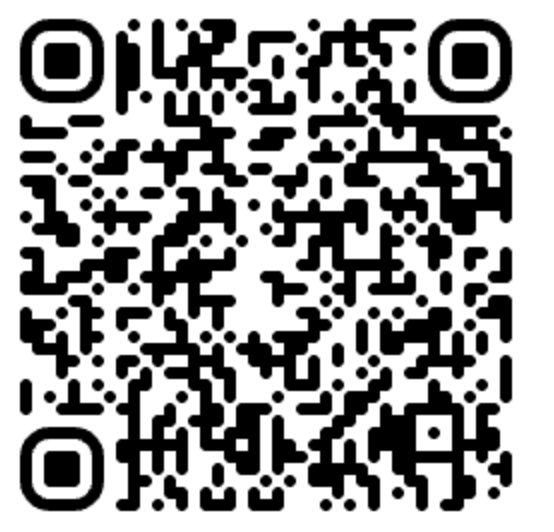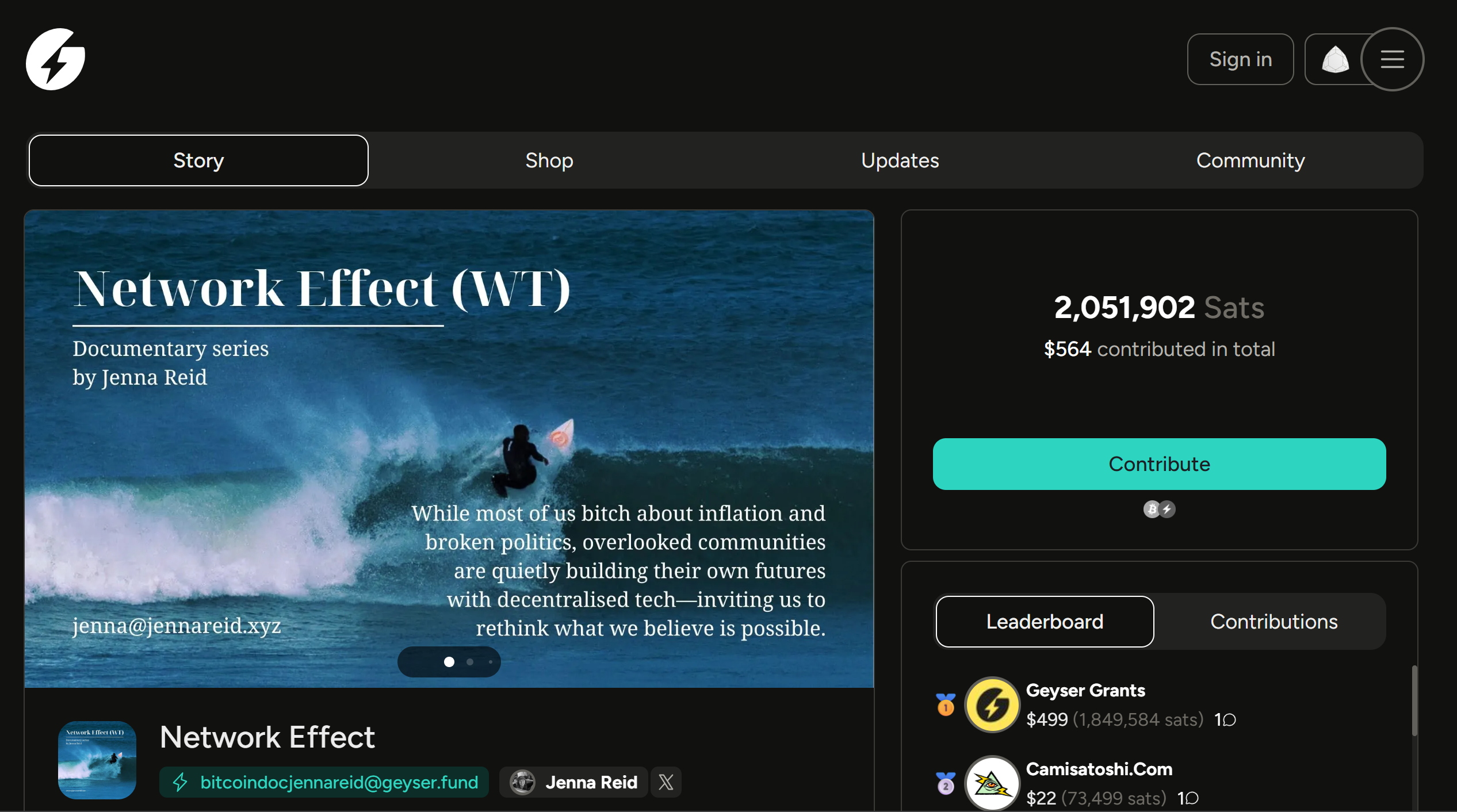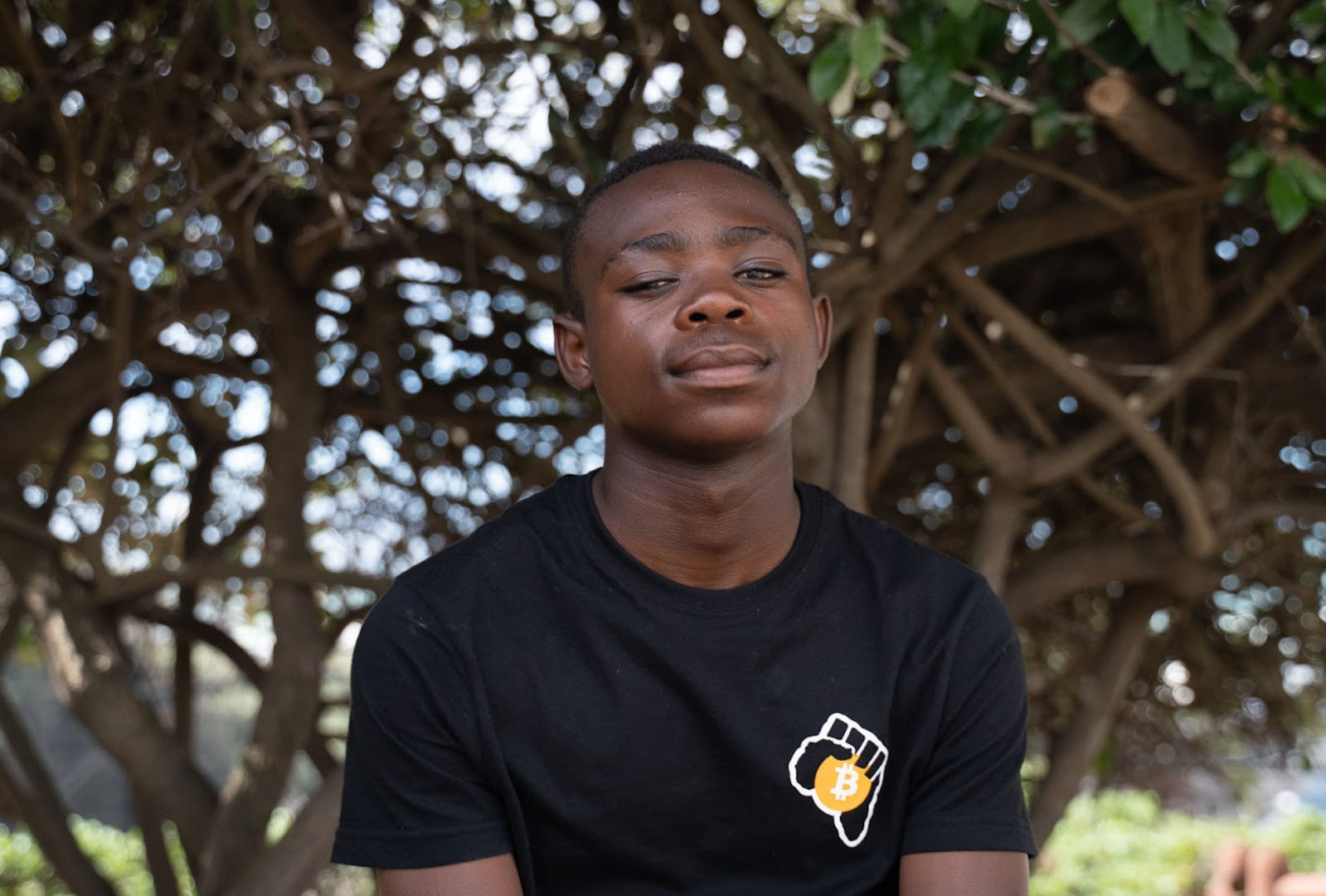
One panel discussion from 2022 completely reshaped my understanding of the relationship between money, power, and freedom.
I watched a recording of a discussion with Alex Gladstein of the Human Rights Foundation and three activists from North Korea, Palestine, and Togo. They shared their experiences of life under authoritarian regimes that have enslaved people, forced them into starvation, and prevented them from leaving or even receiving support from other countries. They discussed how Bitcoin is being used as a lifeline: to fight the financial colonialism of the CFA franc, to send money to families in Palestine where occupation and corrupt governance prevent essential transfers, and to fund underground schooling for stateless children in China born to North Korean mothers who were sold as sex slaves for under $300.
These were powerful, human stories—lives changed in unexpected ways—yet they weren’t making headlines.
When I first told people I was making a film about Bitcoin’s social impact, I was often met with raised eyebrows or polite indifference. To many, Bitcoin was a speculative gamble, a tech fad, or just another way to waste energy. It was clear the conversation was over before it began. So, I started leaving the word “Bitcoin” out entirely. Suddenly, people leaned in. They wanted to hear about the communities I’d visited, the struggles and breakthroughs. That disconnect—between the lived reality I was researching and documenting, and the skewed perception most people held about a tool that was a genuine lifeline to many people—became a key driving force for giving a platform for these real-world stories.
From my perspective, something has shifted lately. When I talk about this project, I sense a deeper curiosity about the subject. To me, that change suggests a growing undercurrent: trust in mainstream narratives is thinning, and people are more open to exploring ideas from the fringes — where the stories worth telling often live.
I have always been curious about the "hows" and "whys" of human nature. But somewhere in the midst of Brexit and Covid, my fascination with human dynamics transformed into a deeper concern. What troubled me most was our vulnerability to influence and how readily we can surrender critical thinking to figures who divide the world into simplistic categories of good and evil. The result is a polarised society where nuanced conversation is endangered, and people often remain silent rather than risk social rejection.
Having moved from a career in biomedical science to documentary filmmaking, investigating the "why" behind events and their human impact has always been a driver for me. Documentary gives me the perfect excuse to dive deep into topics that grab my attention. Lacking a formal financial education, I wanted to better understand the economic systems that shape our lives. But I also knew that graphs and numbers alone could never capture the full picture. Behind every statistic is a lived reality, and it is those human stories—the struggles, choices, and resilience—that I want to bring to the forefront.
Shortly after deciding to make a documentary film investigating the social impact of bitcoin, I visited a Bitcoin circular economy project, Bitcoin Ekasi, in Mossel Bay, South Africa, about a four-hour drive from Cape Town.
I spent a week with the community, witnessing the real-world impact of Bitcoin in a township where most people lack bank accounts or a way to save. The new sense of hope was palpable. For many, this was the first time they could effectively save for the future. Hermann, the founder, explained that before introducing Bitcoin, he had nearly given up on the project, feeling he couldn't make meaningful, lasting change despite his energy and commitment. With a new long-term mindset brought about by Bitcoin, the change went much further than people’s wallets. One of the project’s surf coaches, Lukhangele Tabata, who surfs competitively with ambitions to turn professional, told me: "It's awesome because now I know who I want to become...and one day I will become that person." He's saving in Bitcoin to fund his future education and to be able to provide for his family.
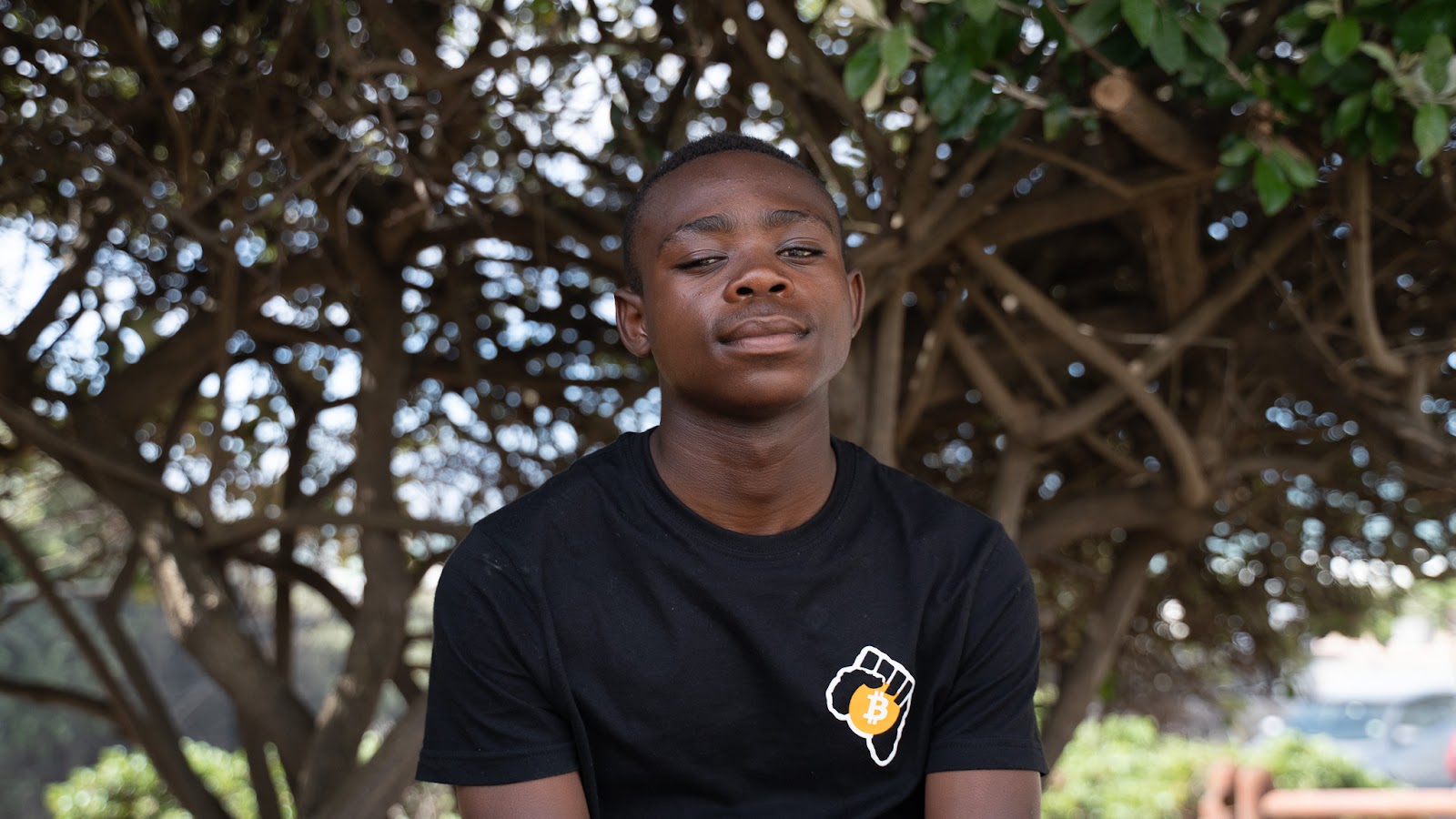
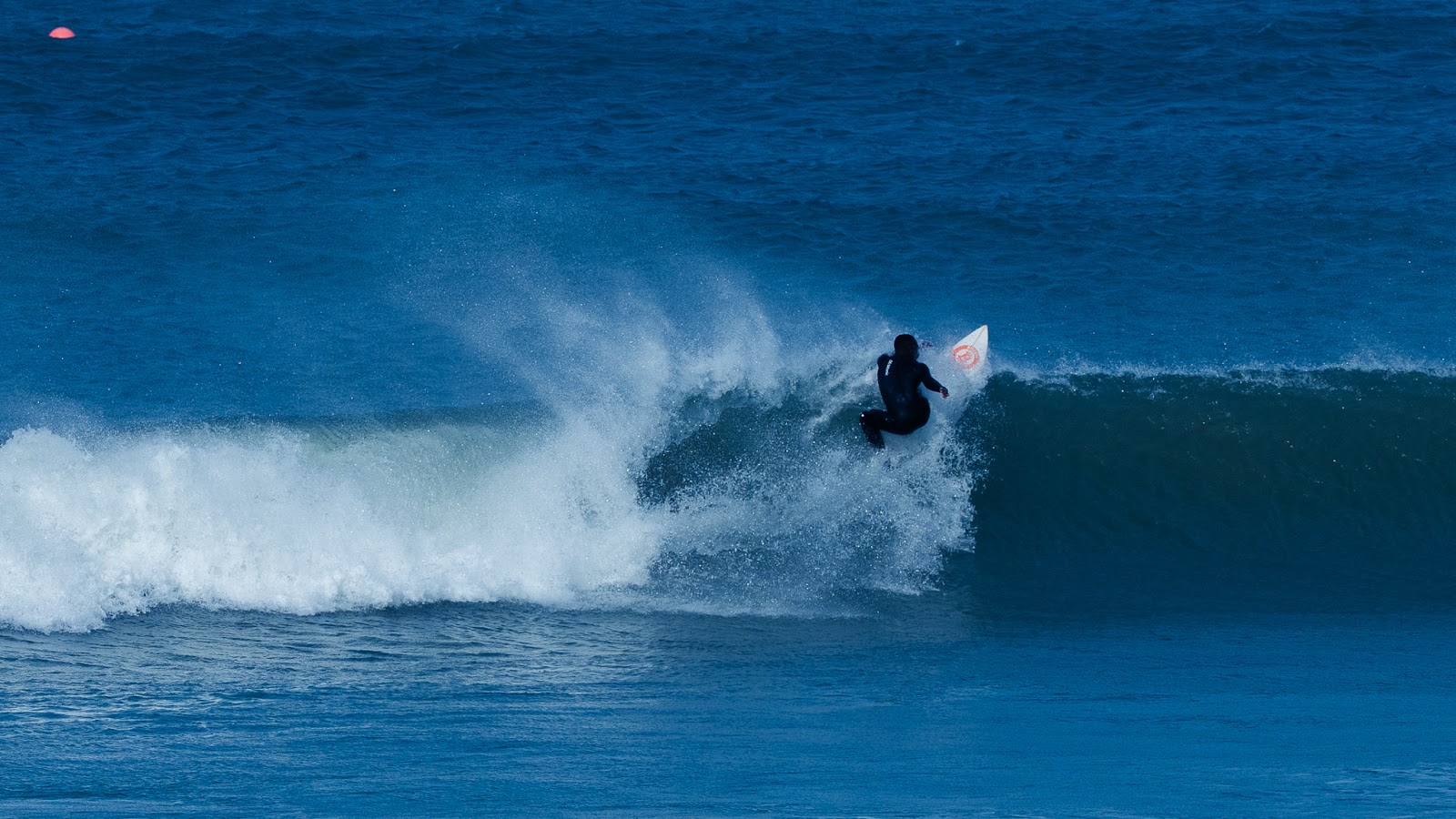
Lukhangele Tabata, Bitcoin Ekasi
I also spent time with Silulami, who works in community support. He introduced me to other staff members paid in Bitcoin, kids learning about it, and shop owners who now accept it. While he made it clear that "Bitcoin is trusted in our community," it wasn't always plain sailing. Initially, people showed resistance to this unknown thing, and many were cautious due to past experiences of friends and family falling victim to scams. Honestly, it was reassuring to know people were being thoughtful rather than jumping in blindly.
It was inspiring to see businesses grow as a result of having a means to save and with a sense of agency over their future. This hope fostered an entrepreneurial spirit. The owner of a local car wash, now accepting Bitcoin, proudly shared his plans to upgrade his location by replacing the muddy ground with concrete and adding a braai (barbecue) area.
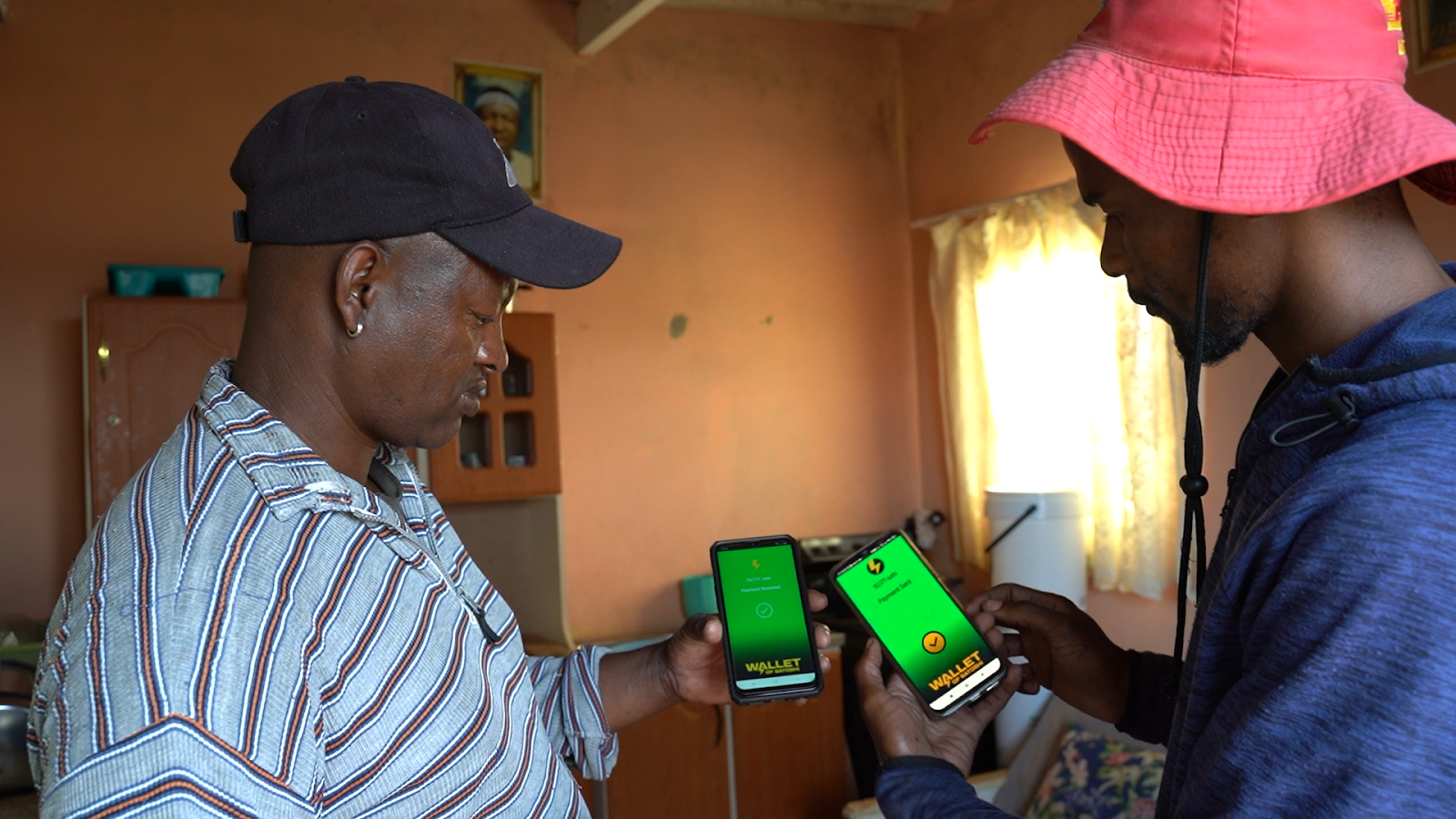
Waya Waya Car Wash
Another powerful element was witnessing the connectivity between this small township community and the wider world through Bitcoin. Hermann reflected on how, in a place where there’s no hope for them [the kids] to ever leave the township or country," being able to post a video online of a new surf or skate trick they'd learned, and for "people all over the world to send little amounts of real value, little tips" in Bitcoin, is incredible. Suddenly, they're connected to the world, and the sense of possibility this inspires is amazing.
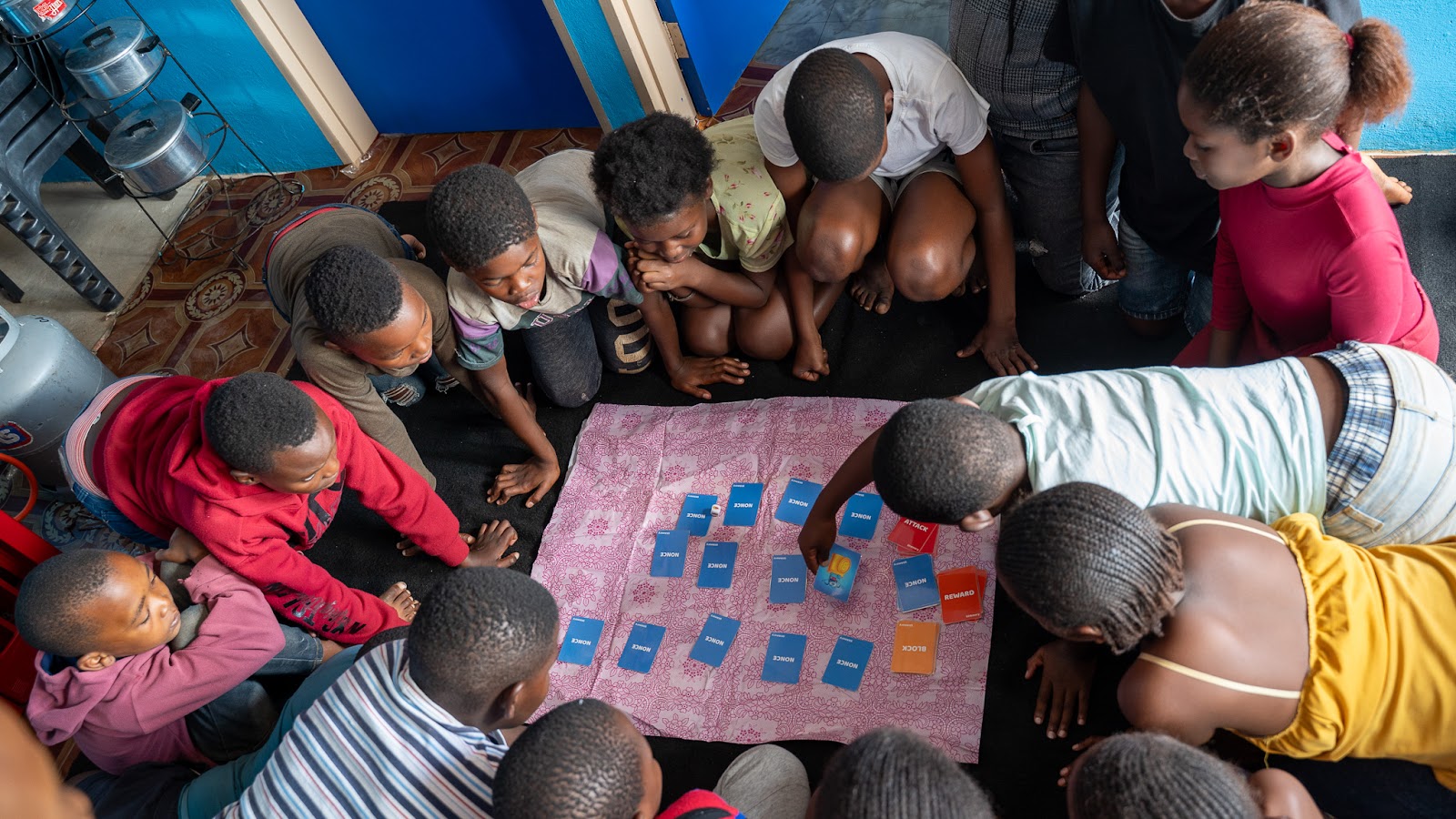
Class at the Bitcoin Education Centre, Bitcoin Ekasi
After receiving encouraging support for the film concept at the Bitcoin Film Festival in May, and with some content already captured, I am currently fundraising to create a 25-minute short film, focusing on a specific grassroots bitcoin community project and the people behind it. I will be exploring film festivals and broadcast partnerships for distribution.
With Bitcoin Ekasi and so many incredible community projects springing up across the world, there is no shortage of stories that deserve a platform, and I am currently in the process of finding character stories and developing the backbone of the short film.
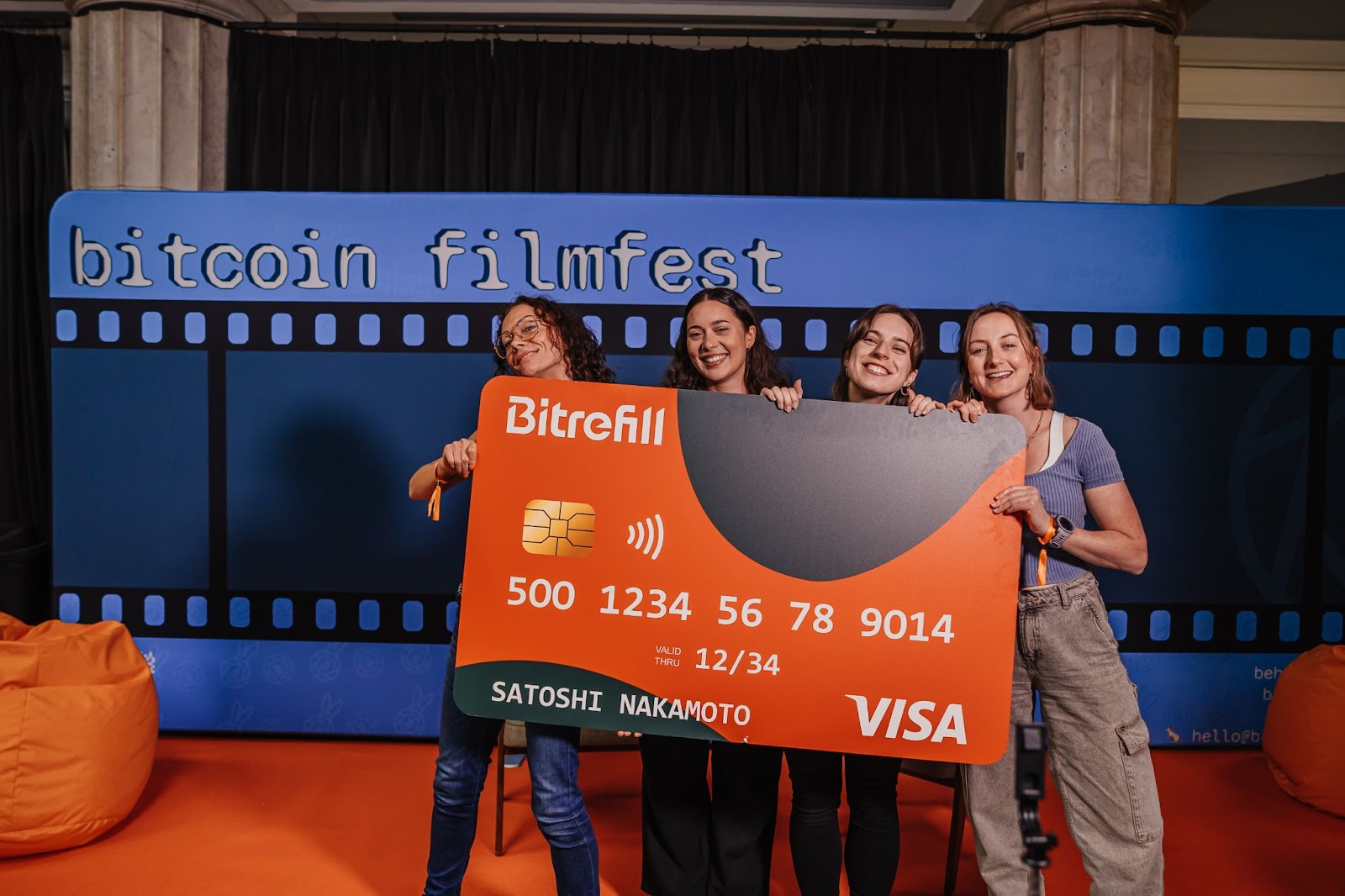
Me (Right) at the Bitcoin Film Fest 2025, Pitching competition award
As Bitcoin enters the mainstream, it’s often labelled as a tool for “Wall Street financiers” or other groups that many people don't want to be associated with. I hope that by revealing this broader, more human perspective, the everyday person will be encouraged to take a second look.
If you believe in the power of storytelling to change perspectives and want to help bring these important stories to light, please consider supporting this project. Your contribution will help fund production costs for the documentary film that shows Bitcoin's impact beyond the headlines.
You can support the project through my fundraiser on Geyser, or reach out directly via email or on Nostr if you'd like to learn more or get involved in other ways.
Contact details
